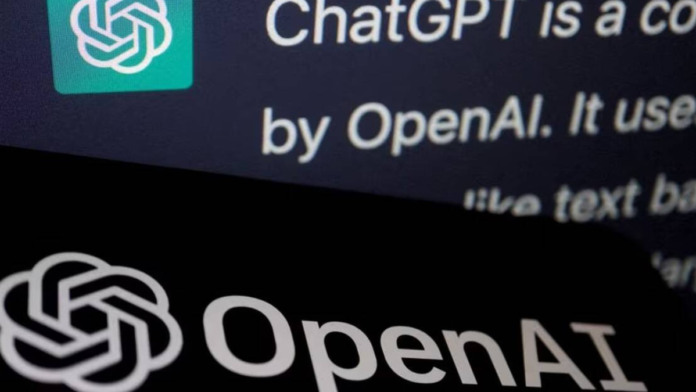Last week, two writers filed a complaint against OpenAI, alleging that the company’s artificial intelligence chatbot, ChatGPT, was trained using their copyrighted books without their permission.
The authors of “The Cabin at the End of the World,” Paul Tremblay, and “Bunny” and “13 Ways of Looking at a Fat Girl,” Mona Awad, claim that ChatGPT creates very accurate summaries of their works. They assert that the summary would be only possible if ChatGPT had been trained on their publications, which would be against copyright laws.
The chatbot is taught using a vast amount of textual information. Although OpenAI won’t specify what specific data was used to train ChatGPT, the business claimed that it mainly browsed the web, utilizing resources like Wikipedia and old books.
Read More: Vimeo Introduces AI-Powered Script Generator And Text-Based Video Editor
According to the lawsuit, much of the information in OpenAI’s training data is based on copyrighted works, including books by Tremblay and Awad. The action was submitted to a federal court in San Francisco. But it might be difficult to demonstrate precisely how and from where ChatGPT obtained this information, as well as whether the writers have experienced monetary losses.
The complaint contains samples of the summaries that ChatGPT produced and indicates some errors made by the chatbot. However, according to Awad and Tremblay, the remaining summaries are correct, which shows that “ChatGPT retains knowledge of particular works in the training dataset.”


